Father Richard McBrien, prolific theologian and essayist, dies at 78
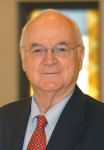
Father Richard P. McBrien.
Father Richard P. McBrien, retired professor of theology at the University of Notre Dame and chair of the university’s theology department for 11 years, died January 25 at age 78, after a long illness, in his native Connecticut.
Father McBrien wrote 25 books as well as a weekly syndicated column, “Essays in Theology,” for nearly 50 years, often raising hackles among conservative Catholics.
“While often controversial, his work came from a deep love of and hope for the Church,” said a statement from Holy Cross Father John Jenkins, Notre Dame’s president.
Ordained in 1962 as a priest for the Archdiocese of Hartford, Connecticut, Father McBrien joined the Notre Dame faculty in 1980. He was also a past president of the Catholic Theological Society of America and a recipient of its John Courtney Murray Award for “outstanding and distinguished achievement in theology.”
Among his books is Catholicism, praised by the U.S. bishops’ Committee on Doctrine in 1985 for its “many positive features” but criticized for its treatment of some Church teachings and called for clarification and revision of several “confusing and ambiguous” elements.
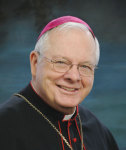
Bishop James P. Keleher.
A St. Francis de Sales Award finalist in 1993, Father McBrien received a certificate in 1991 for the 25th anniversary of his syndicated column.
Not that the columns were without controversy. Then-Bishop James P. Keleher of Belleville, Illinois, cancelled it — the first time, he said, he had ever intervened as publisher of his diocesan paper. After long reflection, he said, he pulled the column because it “frequently challenged what I want to be communicated to my people.”
Markets cannot be the answer to economic inequities, pope says in book
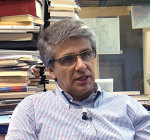
Andrea Tornielli.
The world cannot wait for an economic system that will cause poverty to fix itself, Pope Francis said.
There must be “programs, mechanisms and procedures aimed at a better distribution of resources, job creation and the integral advancement of those who are excluded,” he said in a recently published interview.
Conducted in October 2014, it was published in a new book, Pope Francis: This Economy Kills by Italian journalist Andrea Tornielli, released January 13.
While noting some positive outcomes of the globalized economy, the Pope said it also “condemned many others to die of hunger” and he criticized “a throwaway culture” where money, not people, is the focus.
Pope Francis said the Fathers of the Church highlighted helping the poor and the fact that the earth belongs to everyone, not just the wealthy. He said if he were to use the same phrases from the homilies of these early Church Fathers “on how to treat the poor, there would be someone accusing my homily of being Marxist.”
Indian archbishop hails start of cause of Chiara Lubich

Chiara Lubich.
An Indian archbishop has hailed the announcement of the cause of beatification and canonization of Chiara Lubich of Italy, the founder of the Focolare Movement, an international organization that promotes the ideals of unity and universal brotherhood.
“Asia rejoices to open the cause of beatification of Chiara Lubich. It is a step that will give a big boost to interreligious dialogue,” Archbishop Felix Machado of Vasai Diocese in India said. Bishop Machado, President of the Office for Ecumenism and Interreligious Dialogue of the Federation of Asian Bishops’ Conferences (FABC), said: “She was simple, straightforward and believed in unity. This unity, she believed, would be offered to people through the Church. “
Lubich, born January 22, 1920, in Trent, Italy, “was a very holy person. She always taught the members of Focolare to remain firm in faith but open to others,” Archbishop Machado said.
The archbishop noted that in Asia, Chiara Lubich built bridges across religious boundaries: with Buddhists in Thailand; Hindus in India, and among Muslims.
She died March 14, 2008, in Rocca di Papa, Italy.
—AsiaNews
Persevere in building peace in “little steps,” says Order of Malta chief

Albrecht Freiherr Von Boeslager.
Albrecht Freiherr von Boeselager, who is the Grand Chancellor and the Minister of Foreign Affairs for the Order of Malta, in a January 14 interview with Vatican Radio said that the attacks in France and Nigeria are unjustifiable and the paths of dialogue and reconciliation are the only ones to tread in the face of such violence. “I think we should not consider it a defeat,” he said. “It should encourage us even more to intensify dialogue and cooperation.”
Von Boeselager spoke about the ongoing grassroots efforts of the Order of Malta in the Middle East with people of different religions. “What we are doing, for instance, in Lebanon, where we work closely together with other religions, with the Sunni society, with the Shi’ites, with the Druze, to build up confidence and trust. And I think this can only be done on the base, with the people, in little steps,” he said. “We should not lose hope that many little steps will help to pacify situations and to create trust between people,” he insisted. “Although these attacks are terrible and nothing can justify them, we should not cease to try to build peace with little steps.”
—Vatican Radio
Patriarch urges Christians, Muslims to lead fight against extremism

Louis Raphael Sako.
Chaldean Patriarch Louis Raphael I Sako is calling the Christians and Muslims of the world to lead the fight against fundamentalism by being the first to reject all forms of discrimination and violence. He made the call at a conference organized in the Iraqi capital, Baghdad, by the Iraqi Center for Diversity Management (ICDM). The patriarch was appealing to more than 1.6 billion mostly moderate Muslims of the world, inviting them to promote a joint project to “dismantle the fundamentalist ideology” in all its forms, a proposal which, in order to be successful, must be supported and guided by the very same followers of Islam. Patriarch Sako spoke about the persecution of Christians and minorities in Mosul and Ninevah by extremists of the Islamic State, leaving no trace of Christians there. He pointed a finger at “forces” who commit violence and focus on the logic of power “covered by the cloak of religion.”
—AsiaNews
Cardinal Tagle on Pope’s moving meeting with typhoon survivors

Cardinal Luis Antonio Tagle.
At the conclusion of Pope Francis’ dramatic day in the central Filipino cities of Tacloban and Palo, Cardinal Luis Antonio Tagle joined the head of the Holy See press office, Fr. Federico Lombardi, to share impressions and answer journalists’ questions. The cardinal revealed how moved Pope Francis was by the experiences of those most badly affected by the 2013 Typhoon Yolanda, the strongest storm ever recorded on land, which killed thousands and left up to a million people homeless.
Though he was forced to cut short his official program because of another storm, Cardinal Tagle says the Pope was determined to meet first-hand with the people of Tacloban and Palo. Cardinal Tagle says he will never forget the face of the Pope listening to each survivor’s experience of losing parents, spouses, children or all their possessions. He says the Pope was suffering and was reduced to silence, which he described as “the communion and solidarity that happens in silence.”
Archbishop Diarmuid Martin of Dublin says uncertainty haunts Davos Forum
Archbishop Diarmuid Martin of Dublin says there’s a mood of uncertainty about many issues that is hanging over this year’s World Economic Forum in Davos. The Irish archbishop is among faith leaders invited to the Davos Forum which is attended by scores of heads of state and government and over 2,000 leaders from business and society.
Asked about the mood at the 2015 World Economic Forum, Archbishop Martin said there is a feeling of “uncertainty” about a whole series of areas that include economic models, security, especially concerning conflicts in the Middle East and Ukraine and in other areas of the world, and cultural tensions.

Diarmuid Martin.
Along with this mood of uncertainty Archbishop Martin also spoke about this sense of “a crisis of leadership and in politics” which is the subject of several seminars during the Forum. “There’s a concern about (whether) our political institutions and political parties are doing the job they’re supposed to do. And there’s also this crisis that’s developed because of the great inequalities that exist.”
In general, Archbishop Martin said he sees a “certain moving away from external triumphalism” among the political and business leaders attending this year’s Forum in Davos. Saying we can’t build a stable future on fear (of the poor), Archbishop Martin explains that there is a more people-centric way of looking at economics and politics. “We must invest in the capacity of people to realize their God-given dignity and their God-given talents, and that’s the purpose of an economy and that’s the purpose of politics.”
—Vatican Radio
Prayers and calls for peace in Syria, Iraq

Cardinal Leonardo Sandri.
The ongoing conflict in Syria and Iraq and the suffering of persecuted Christians there was the focus of a prayer event in Rome. The vigil took place as the United Nations issued a call for solutions to the ongoing conflict in the Middle East.
Cardinal Leonardo Sandri, prefect for the Congregation for Oriental Churches, led the vigil. In his homily, the cardinal prayed “for the conversion of those who do evil, that their hardened hearts open to a new way of seeing, a new experience of humanity, to an authentic religiosity that does not kill or persecute, but which promotes the good of the other, even if they are different.”
In the meantime, diplomatic and humanitarian efforts in the Middle East continue. The UN Envoy to Syria said a solution to the Syrian conflict must not be put on the “back burner” in the face of a slew of other world events. At a press conference in Geneva, Staffan de Mistura said he welcomes any effort to secure peace in Syria, where some 220,000 people have been killed and 7.6 million have been displaced in the four-year Syrian conflict. As well, the United Nations reports relief assistance is reaching 1,200 families in the Iraqi town of Dhuluiya, which had been besieged by the Islamic State terrorists but was recaptured by the Iraq military in December.
—Vatican Radio

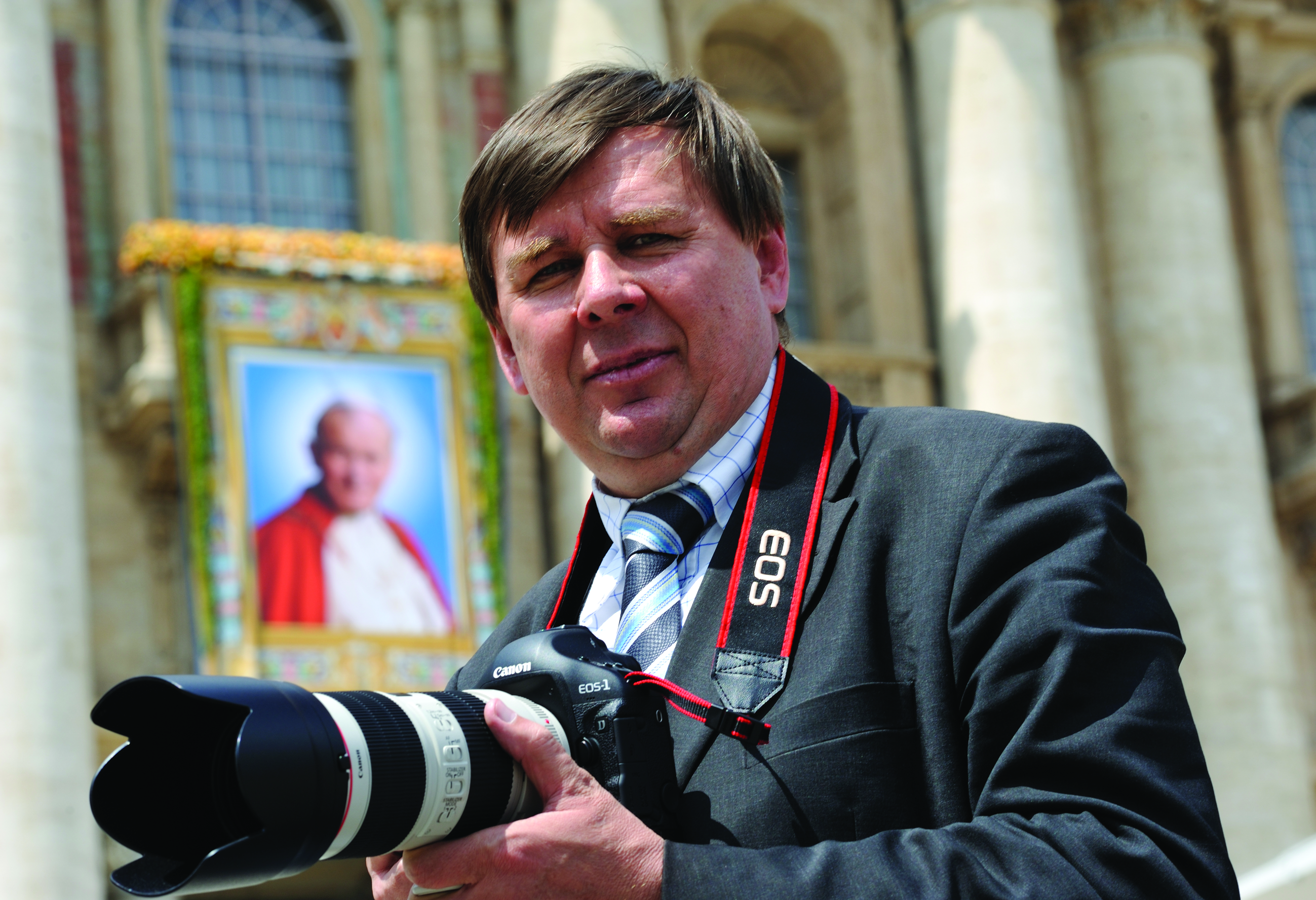
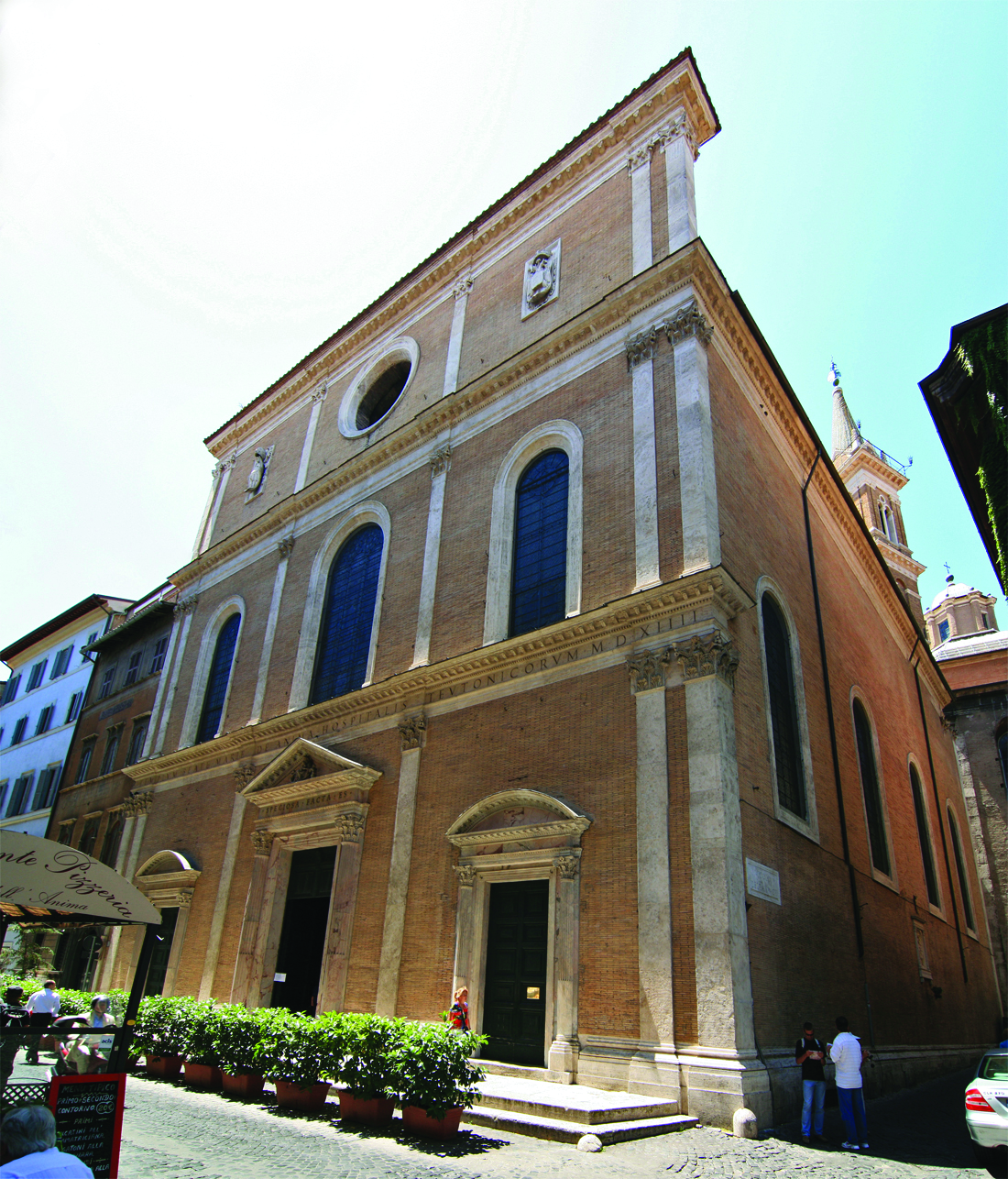
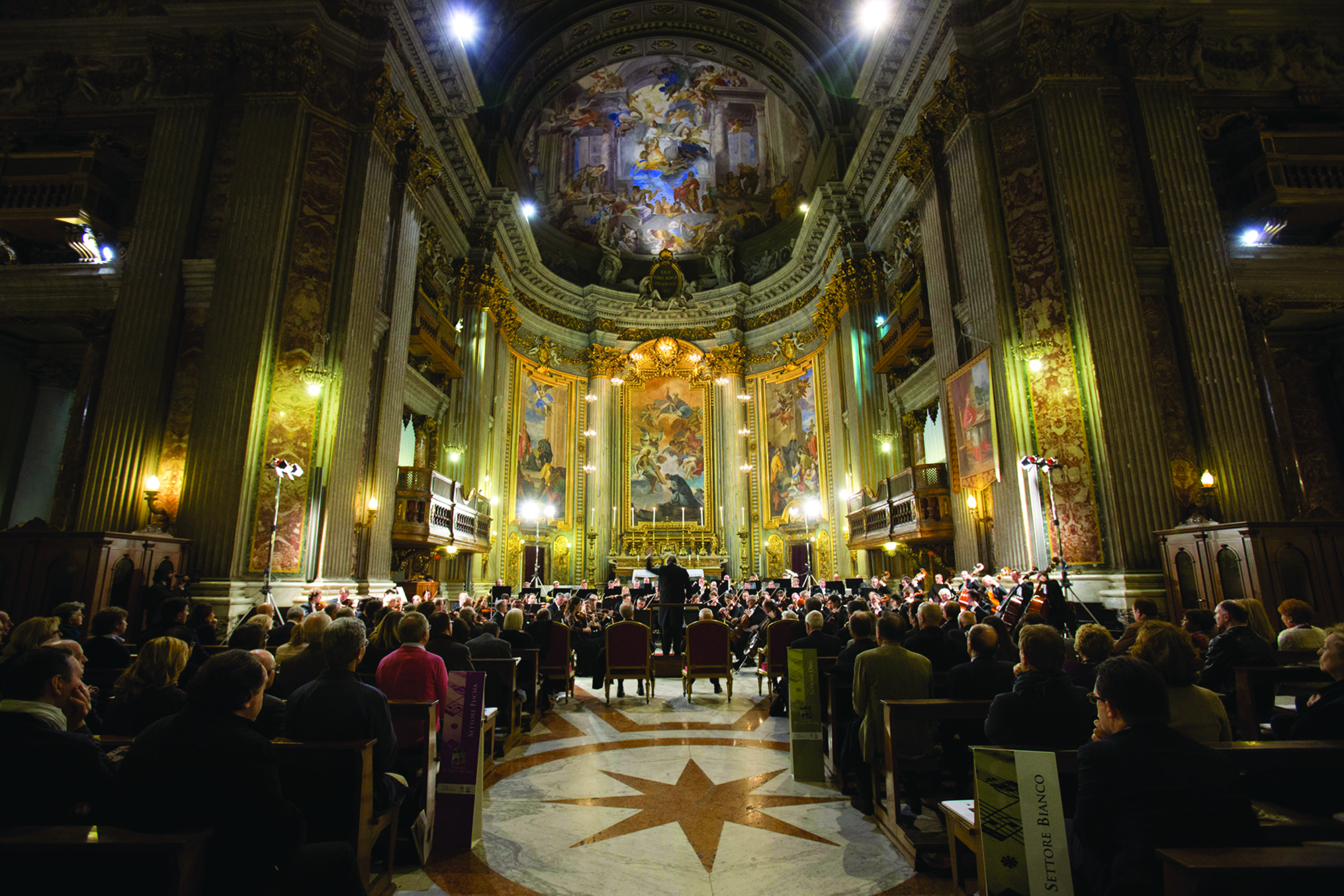
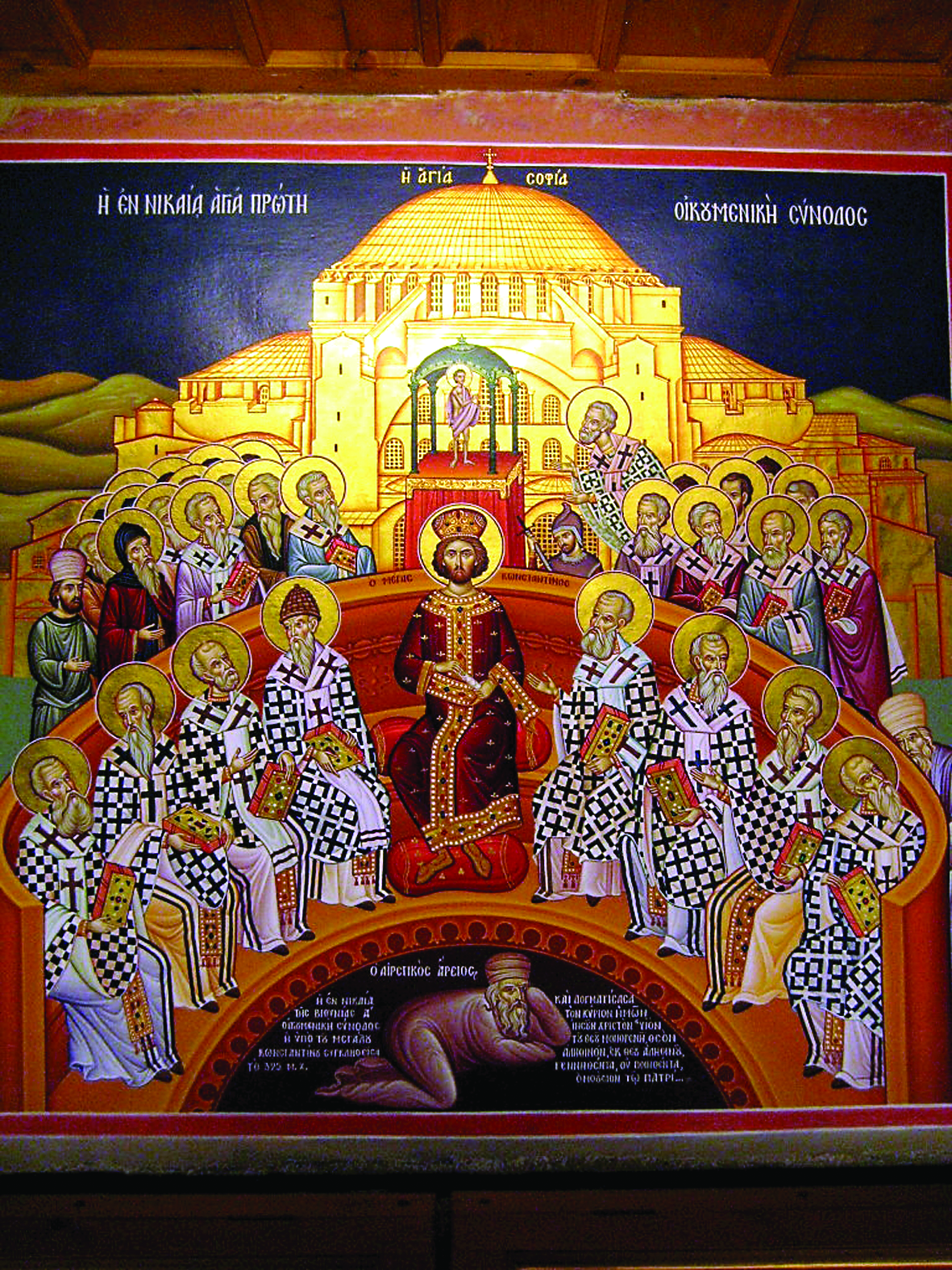
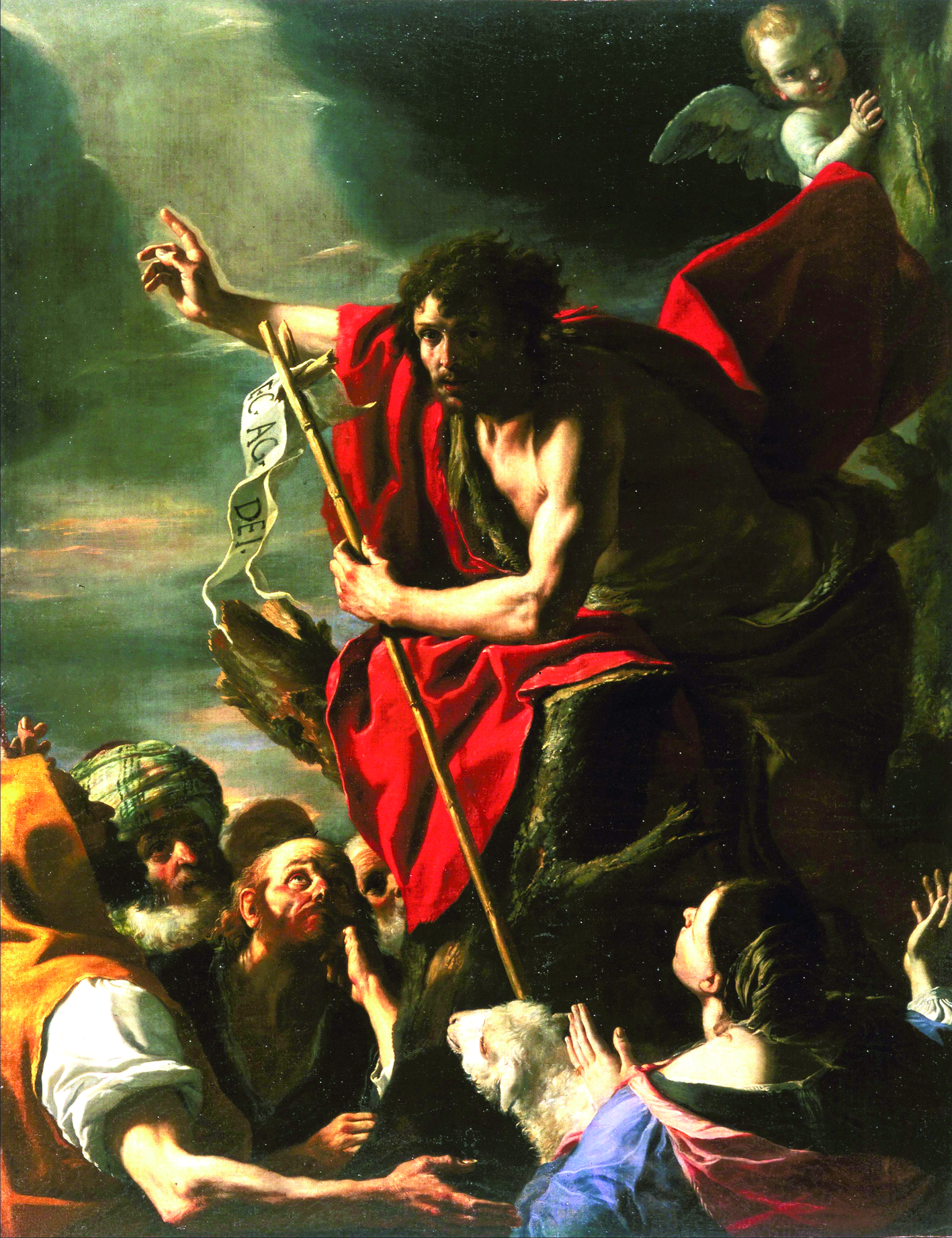
Facebook Comments